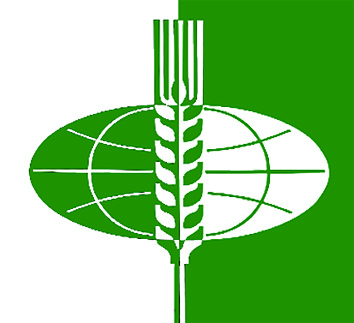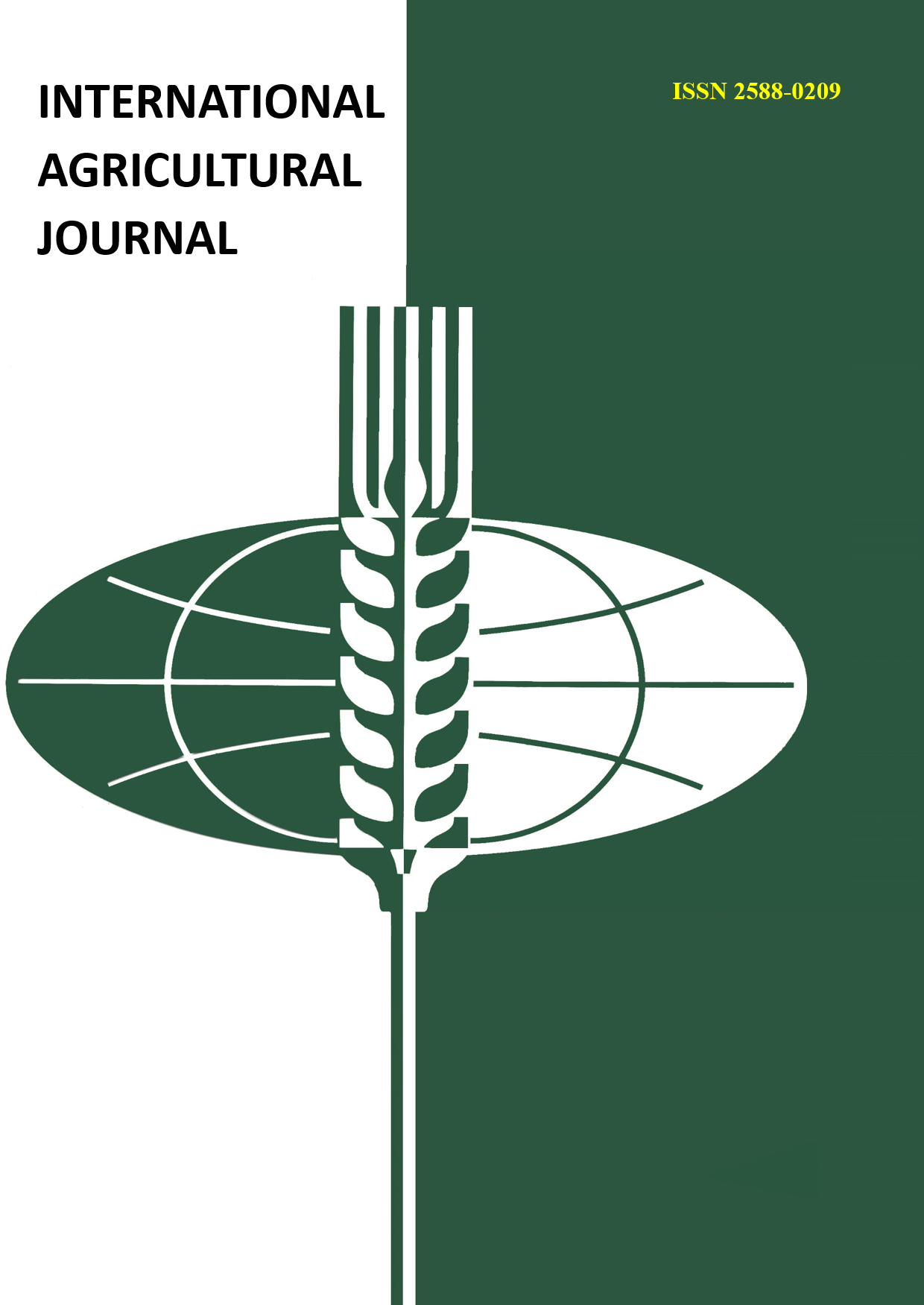The main reasons for the reduction of species of the genus ceratonia L. is that the seed propagation of plants in nature is very rare, and the spread of ceratonia occurs mainly with the help of seeds. Usually seed dormancy is due to the hard layer of skin, organic dormancy of carob seeds is due to their water resistance. The main purpose of this study is btain the fastest germination, maximum seedling productivity. To do this, we studied the effect of two factors on seed germination: the first factor is the effect of different soil types on plant development, the second factor is the use of different treatments to disturb the organic dormancy of seeds in order to improve their germination. Methods. The main research methods: field research, where after preparing the soil, the cultivation of seeds treated in various ways to disrupt the phase of organic dormancy in soils of various types was carried out at the rate of one seed in each black plastic bag in the forest nursery. In all tests, the repeatability of 100 seeds per experiment. in this study, 4 types of agricultural soils were used. Results. when processing inert seeds of ceratonia in order to disturb the phase of their organic dormancy, high results were observed throughout all three years (2017, 2018, 2019) in terms of germination percentage (%) and germination time (in days) . Results. the concentrated seed scarification process sulfuric acid (H2SO4) and soaking them in distilled water for 24 hours, followed by planting in soils of various types. As for planting seeds in different soil types, the highest percentage of germination (%) of carob seeds was observed in peat. Scientific novelty. the influence of different types of soils on the improvement of germination and the percentage of germination of seeds of plants treated using various methods of breaking the dormancy of seeds of Ceratonia siliqua L. was studied.
Rozhkovoe derevo, kerob, predposevnaya obrabotka semyan, semena pokoya














